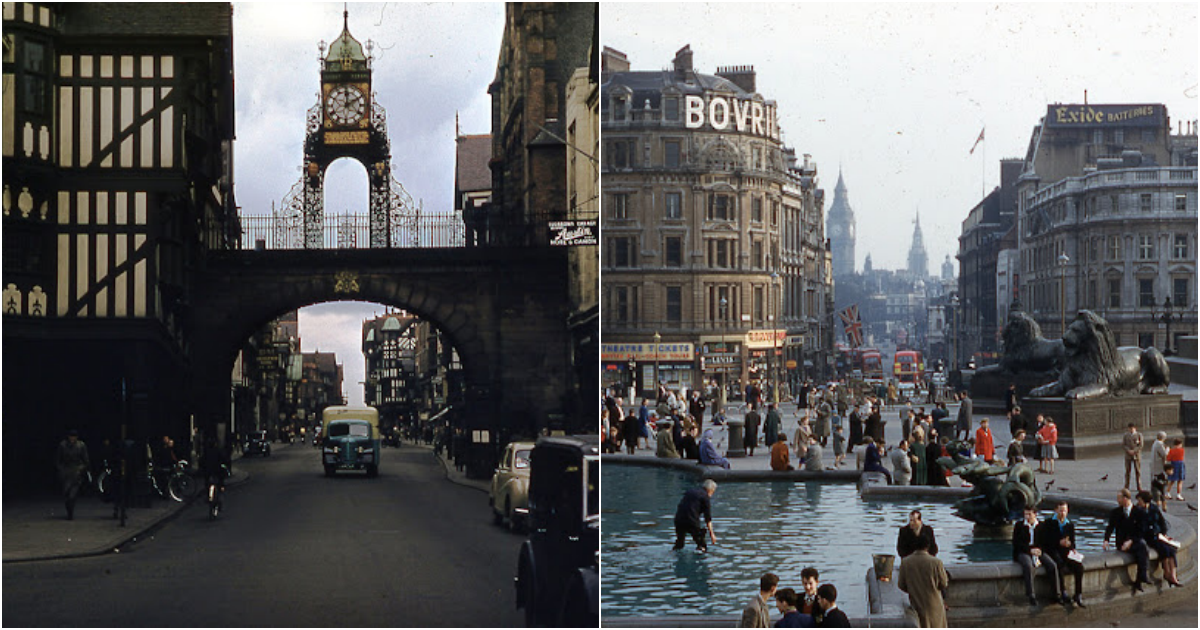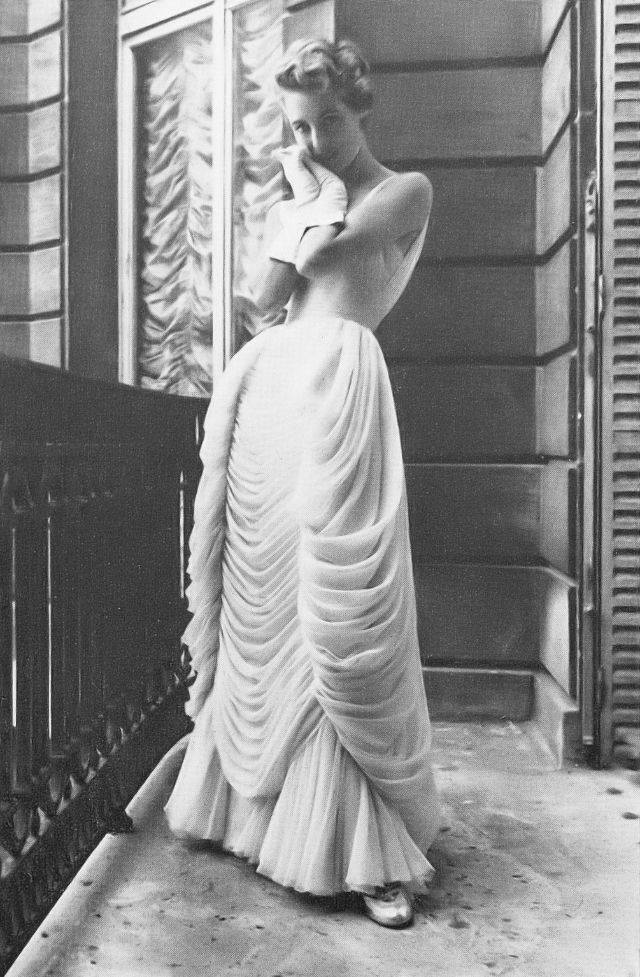The London Underground is a public rapid transit system serving London and some parts of the adjacent counties of Buckinghamshire, Essex and Hertfordshire in the United Kingdom.
The idea of an underground railway linking the City of London with some of the railway termini in its urban centre was proposed in the 1830s, and the Metropolitan Railway was granted permission to build such a line in 1854.
To prepare construction, a short test tunnel was built in 1855 in Kibblesworth, a small town with geological properties similar to London. This test tunnel was used for two years in the development of the first underground train, and was later, in 1861, filled up. The world's first underground railway, it opened in January 1863 between Paddington and Farringdon using gas-lit wooden carriages hauled by steam locomotives. It was hailed as a success, carrying 38,000 passengers on the opening day, and borrowing trains from other railways to supplement the service.
The Metropolitan District Railway (commonly known as the District Railway) opened in December 1868 from South Kensington to Westminster as part of a plan for an underground "inner circle" connecting London's main-line termini. The Metropolitan and District railways completed the Circle line in 1884, built using the cut and cover method. Both railways expanded, the District building five branches to the west reaching Ealing, Hounslow, Uxbridge, Richmond and Wimbledon and the Metropolitan eventually extended as far as Verney Junction in Buckinghamshire, more than 50 miles (80 km) from Baker Street and the centre of London.
1. The first Metropolitan train on the underground line passing through Praed Street, London, Ca. 1863.

2. Chancellor William Ewart Gladstone on an inspection tour of the world’s first underground line, 24th May 1862.

3. Liverpool Street station, ca. 1890.

4. Map and illustrations showing the new Great Northern, Piccadilly and Brompton underground tube route, linking London stations from Hammersmith to Finsbury Park, 1906.

5. Hammersmith Broadway, 1910.

6. The interior of a District Line Underground carriage, 1911.

7. The ticket hall of Liverpool Street Station, 1912.

8. The platform of the Central London Railway extension at Liverpool Street Station, 1912.

9. Interior of an all-steel London underground train, ca. 1920.

10. A man writing on a complaints poster, 1922.

11. Farringdon Street (Farringdon) Station in March 1924.

12. The entrance to Blackfriars Underground station, 1924.

13. Clapham South, 1926.

14. London tram workers queue up for their pay at the tram subway in Kingsway, High Holborn, 1926.

15. An underground train being transported on wheels through the streets of London, 1926.

16. The Mayor of Westminster turns on the escalators at Piccadilly Circus in 1928.

17. British director Anthony Asquith (1902-1968), right, directing his new film 'Underground' from an escalator on the London underground, May 1928.

18. Construction work at the ticketing area of the new Piccadilly tube station, 1928.

19. The Hon Anthony Asquith filming commuters for his film of the underground, 1928.

20. Platforms are lengthened at Euston Square underground station, 1930.

21. A passenger takes a ticket from the machine at Piccadilly Circus, 1930.

22. A traveller buys a London Underground season ticket from a vending machine at Highgate Station, 1932.

23. Passengers on an escalator, September 1932. The posts were erected to avoided a crush during rush hours.

24. Leicester Square, 1933.

25. A group of Sikh men outside the entrance to Hyde Park Corner, ca. 1935.

26. New interiors in 1936: more seating, better lighting and ventilation and a more streamlined shape.

27. A passenger opening one of the doors on the Hammersmith and City Underground Line, which have been fitted with new buttons for opening and closing doors, 1936.

28. London’s Charing Cross Road with the Hippodrome and Leicester Square station on the left, 1938.

29. The entrance to Embankment, 1938.

30. A strike causes huge queues to build up at the bus stops outside Liverpool Street, 1939.

31. Stockwell station, 1939.

32. City gents, 1939.

33. A guard outside a station which has been closed to the public two days after Britain’s declaration of war on Germany, 5th September 1939.

34. People asleep on the platform of Holborn underground station during an air raid, 1940.

35. People asleep on the platform at Piccadilly Tube Station, London during an air raid, 1940.

36. People asleep on the escalators at Piccadilly Tube Station, London, during an air raid, 1940.

37. Piccadilly, 1940.

38. Piccadilly, 1940.




